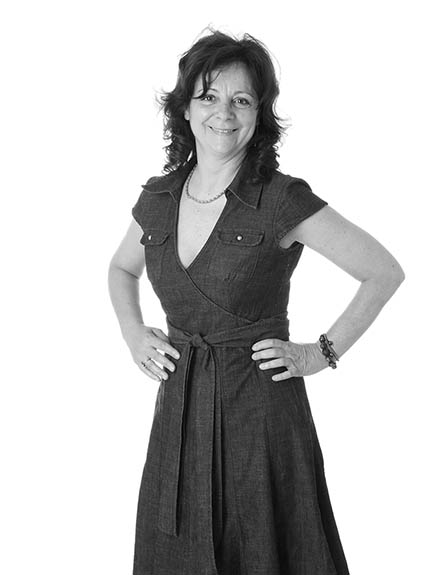| marie-hélène le ny |
|
photographist |

|
"I
wanted to be an astronomer from when I was a little girl. Many
children say they want to be astronomers, but I did not change
my mind! At the time there were a lot of documentaries and scientists
were our heroes. I also remember a big book that my mother had
given me, which was illustrated with beautiful photos. When we
went on holidays to the sea, I watched the starry sky, and I
was always curious to know what it was and why it was like that.
And, of course, I belong to the generation which witnessed the
first man on the moon in 1969! I still remember the television,
as if it were today, showing this image that naturally captured
my imagination. So I did all the studies I needed to become an
astronomer and I began my career in Italy, in industry, before
coming to IPAG where I felt completely at home because there
is an extraordinary environment for research!
Astronomy drove humanity until Newton's time. Astronomers respond to a desire for knowledge that is inherent to humanity! A theory is regarded as true until the next observation is made that sheds doubt on it. In 1998, the discovery of the acceleration of the universe significantly changed the model of cosmological theory. In my specific line of work – the formation of stars and planetary systems that are similar to our own – before the satellite IRAS was launched in the 80s, there was not even an inventory of objects to be studied. The first satellites allowed these to be mapped. The arrival of large telescopes, such as Herschel and IRAM, also made new thematic readings possible. The last of these is astrochemistry, my field of expertise. It came about thanks to the new telescopes, the greatly increased capacity of computers, and new laboratory experiments." |
||
|
Cecilia Ceccarelli,
Winner of the
2006 Irène Joliot-Curie Prize Professor at IPAG (Institute of Planetology and Astrophysics in Grenoble) |
|||
|
|
|
|